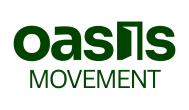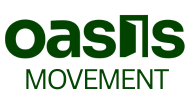FORGIVENESS
Resentments about the past can make it hard to be happy in life. To hold a grudge against someone is detrimental and when we come into recovery, we need to forgive a perceived wrong-doing against us and stop feeling the resentment.
Some addicts and alcoholics can be full of resentments, often blaming others for their own bad behavior – it is easier to blame someone else and continue their unhealthy lifestyle. Resentments can build up for different reasons – failure of other people to live up to expectations, others have tried to tell them what to do or have let them down. Resentments give us an excuse for our lack of motivation to get clean and sober and/or stay in recovery.
Forgiving someone is not condoning, excusing, pardoning or forgetting what has happened in the past, but if we let go and forgive the transgressions, we will harbor less negative emotions and certainly less anger. Also, asking for forgiveness from someone is not for them but for us. We need to do this to clean up the past and taking our part in things.
The first step in forgiving others for perceived wrongdoings is to forgive ourselves. This is probably the most difficult step in recovery for many reasons but guilt about the past benefits no-one – it is healthier to be remorseful. A big key to recovery is to focus on what can be learned from our past mistakes rather than continuing to feel bad about them. It is difficult to think positive about ourselves when we feel shame and guilt about the past. Forgiving ourselves for bad behavior when we were drinking or using is difficult because often it wasn’t the real “us”.
Asking for forgiveness and forgiving ourselves empowers us, giving us the ability to step through fear of the past and into a more serene future.






